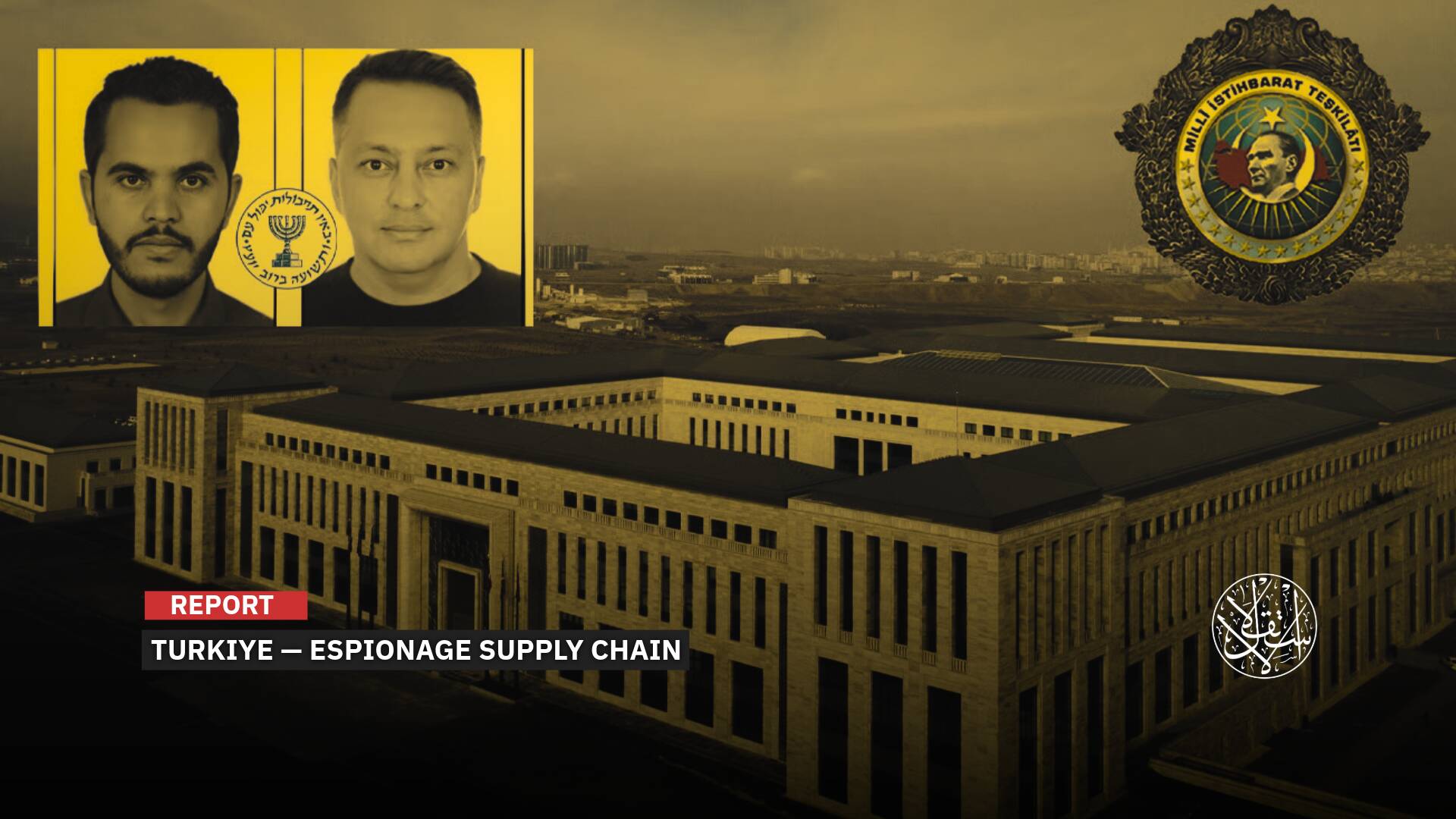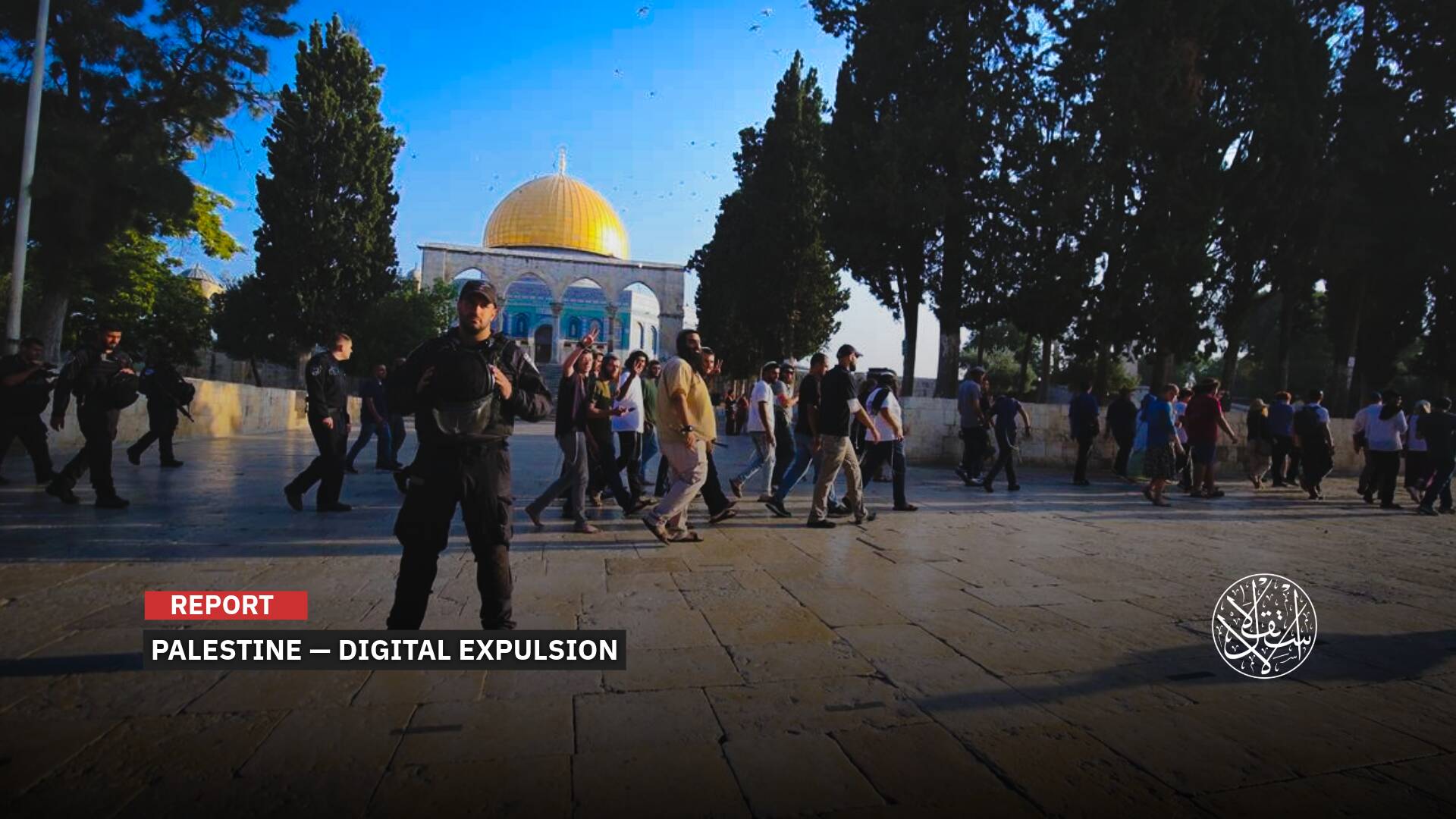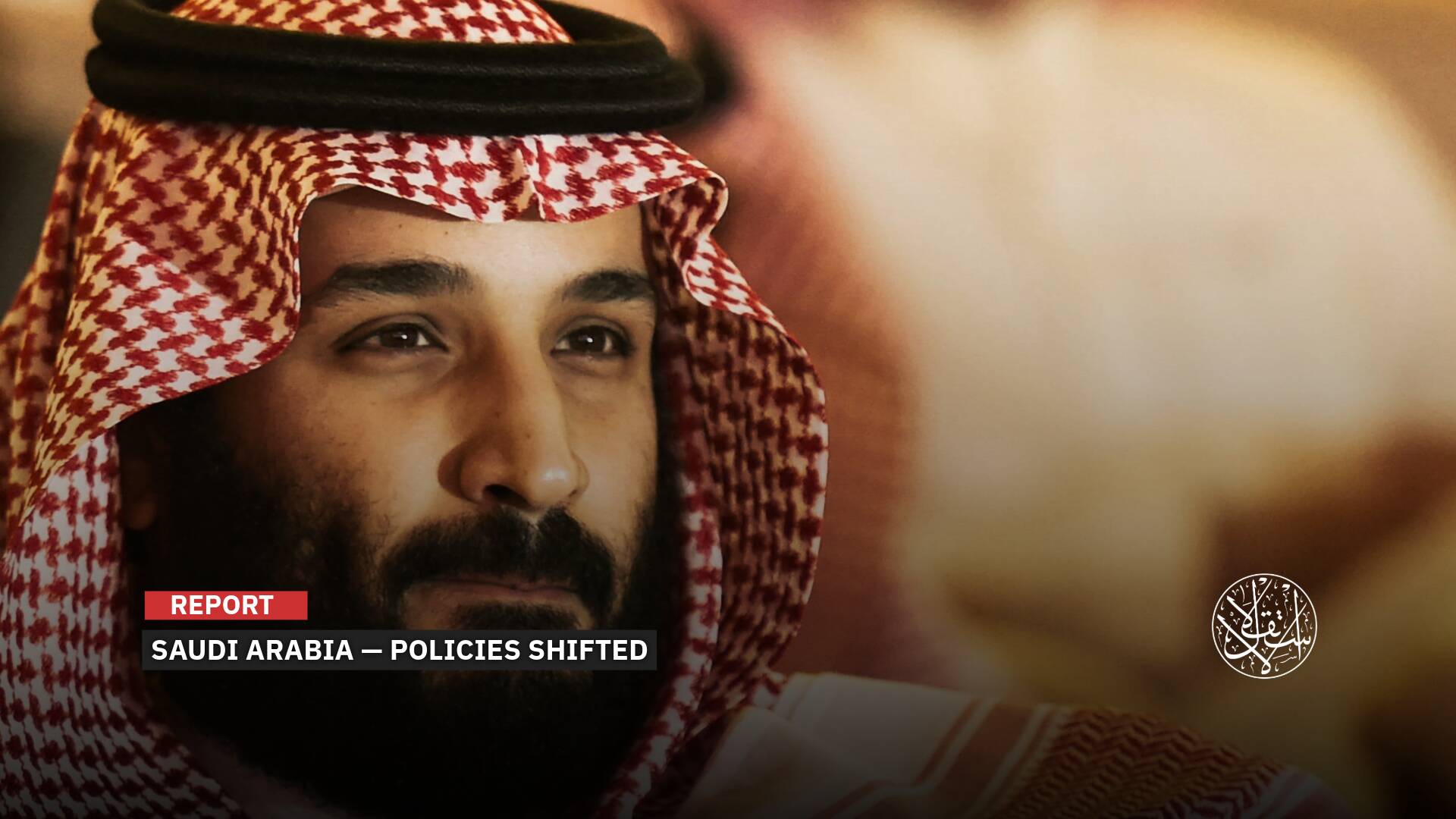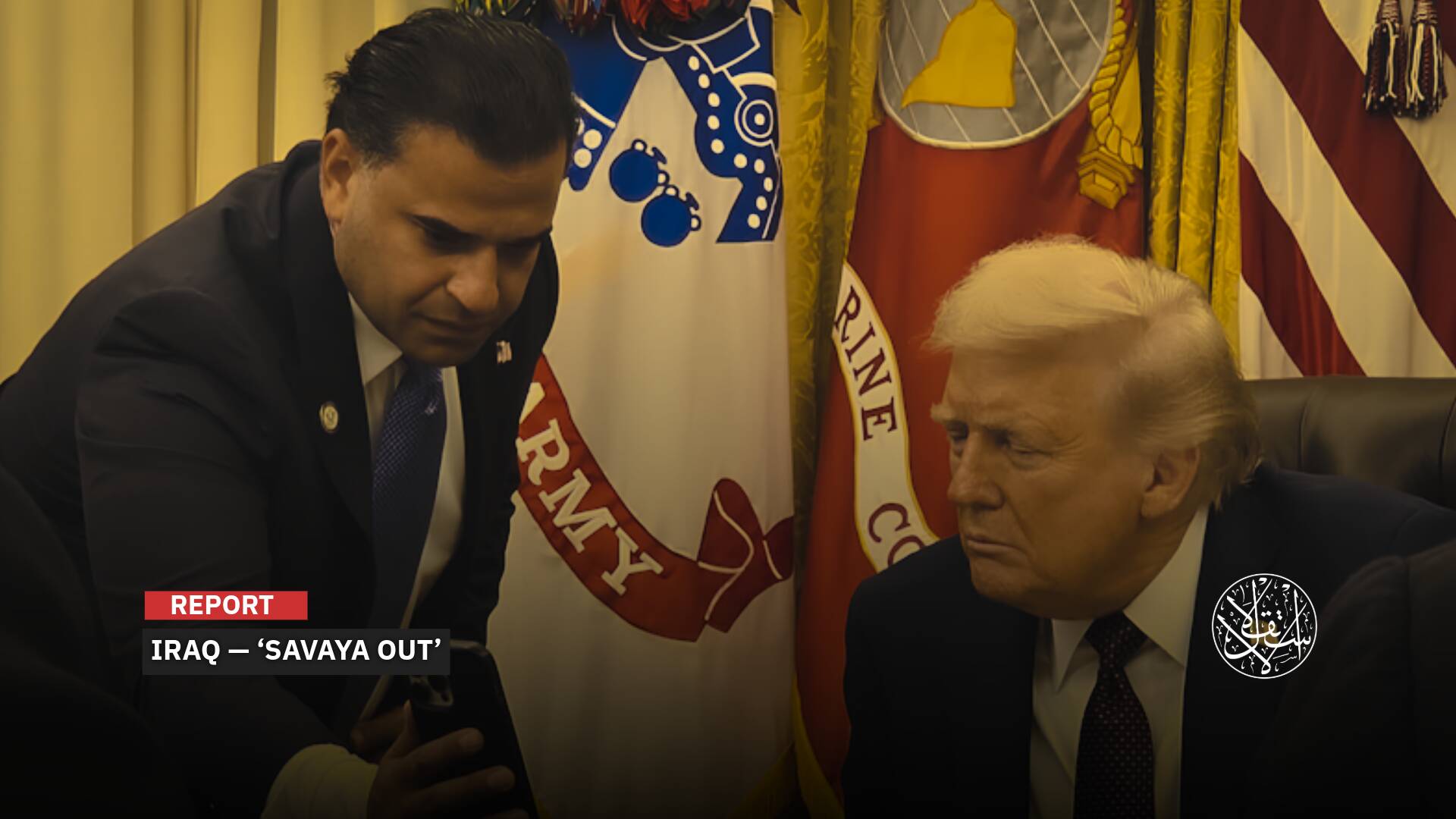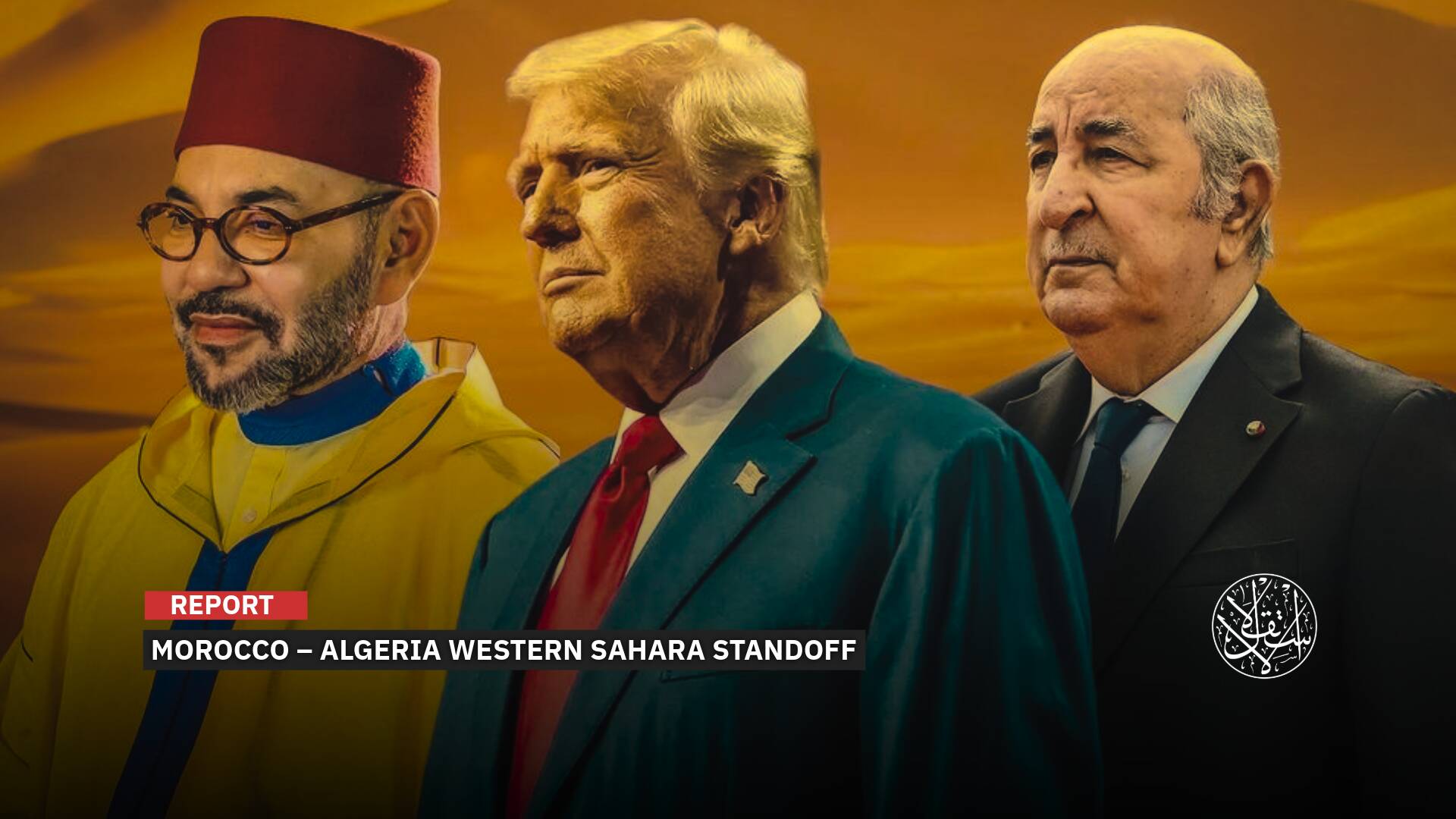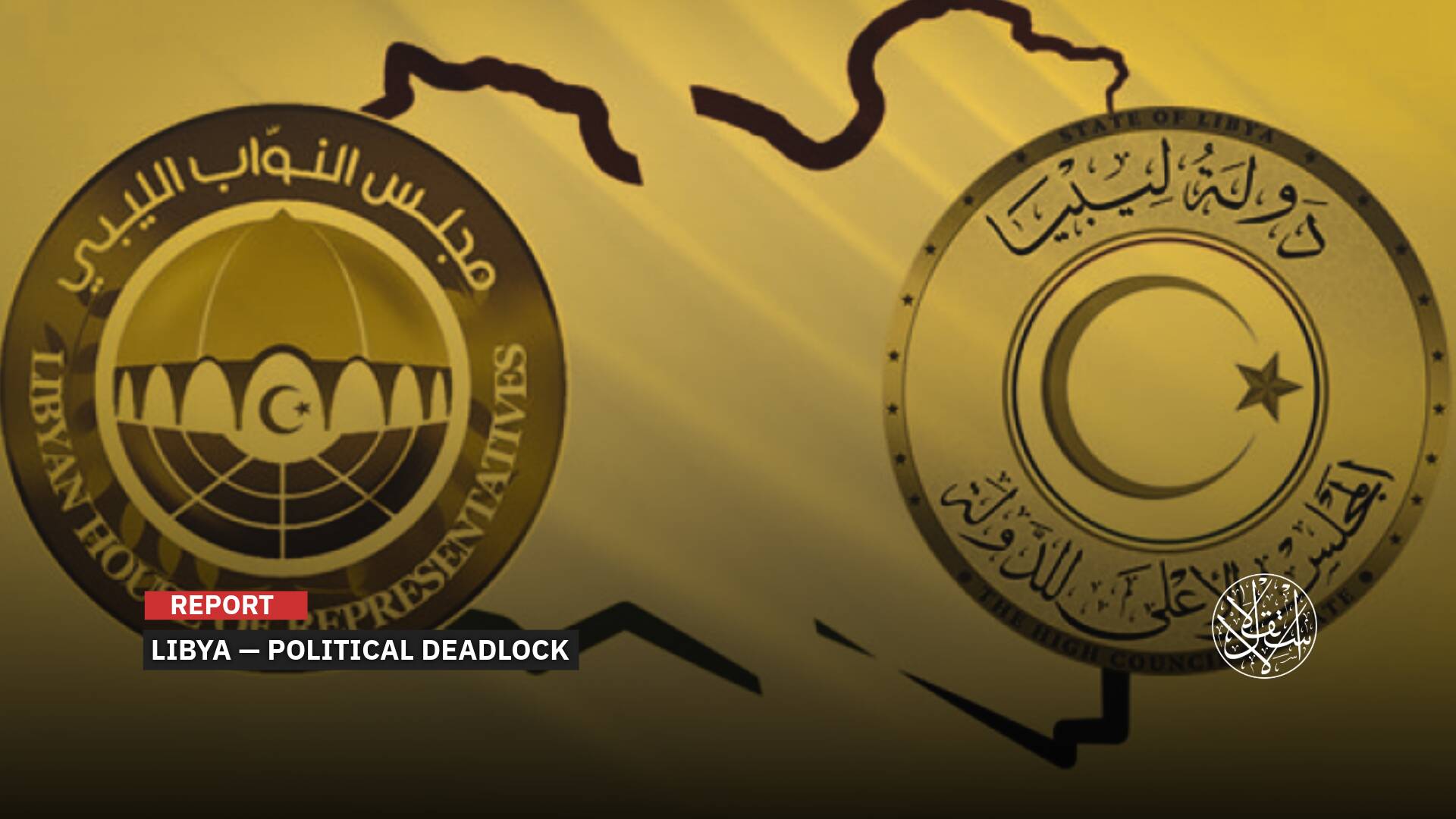After Ocalan's Call to Dissolve the PKK, What’s Next for the Group in Iraq?

The PKK is a strategic asset for Tehran and won’t be easily eliminated.
The historic decision by Abdullah Ocalan to dissolve the Kurdistan Workers’ Party (PKK) and lay down arms is expected to have repercussions far beyond Turkiye. While the group is primarily Turkish, its presence in neighboring countries—particularly Iraq, where it maintains strongholds in the Qandil Mountains and Sinjar—raises questions about its future there.
Speaking from his prison on Imrali Island, Ocalan issued his call on February 27, 2025, and the PKK responded positively. However, the group demanded his release—he has been imprisoned since 1999—to oversee the disarmament process and set political and democratic conditions for its success.
‘A Positive Impact’
Kurdish political analyst Yasin Aziz believes the decision will significantly affect areas where the PKK operates in Iraq, including Qandil and Sinjar. “If the PKK fully responds to Ocalan’s call, its presence in Iraq will come to an end under all its names and forms,” Aziz told Al-Estiklal.
He pointed out that the PKK and its affiliated groups are not Iraqi political entities that can simply transition into political activism after disarming. “Most of the party’s leaders in Iraq are not even Iraqi.”
While the PKK includes fighters from various parts of Iraq, especially Kurdistan, Aziz noted that they are mostly lower-ranking members rather than party leaders or key allies. If the group disbands and ends its armed activities, the analyst expects these “fighters” to return to their hometowns.
Aziz also stressed that a successful peace process based on Ocalan’s proposal—though highly complex and requiring significant commitments from Turkiye—could improve security, politics, and social stability in the Kurdistan Region and beyond. Dissolving the PKK would eliminate Turkiye’s justification for maintaining military forces in Iraq, as Ankara has long cited PKK threats to its national security as a reason for its presence.
Iraqi political analyst Ghaleb al-Daami echoed similar views. Posting on X on March 2, he argued that the PKK’s departure from regional conflicts could lead to the withdrawal of Turkish troops from Iraq.
He also noted that the Kurdistan Regional Government (KRG) would no longer face pressure from PKK supporters or Turkiye regarding the group’s presence. At the same time, the Iraqi government would gain leverage in handling the issue, given that the PKK has received support from certain local Iraqi factions.
Another key consequence, according to al-Daami, is that Iran would lose a valuable proxy. “The PKK has been a useful bargaining chip for Tehran in its dealings with Turkiye, given its well-known backing from Iran.”
“Global trends now favor strong central governments and the dismantling of parallel state structures,” he added, suggesting that the PKK’s dissolution aligns with this broader shift.
Military Presence
For the first time, Iraq has officially designated the Kurdistan Workers’ Party (PKK) as a banned organization, marking a significant policy shift coinciding with Turkish President Recep Tayyip Erdogan’s visit to Baghdad on April 22, 2024.
During a joint press conference with Iraqi Prime Minister Mohammed Shia' al-Sudani, Erdogan stressed that security and counterterrorism cooperation were key topics on the agenda. He welcomed Iraq’s decision to outlaw the PKK, stating, “We consulted on the joint steps we can take against the terrorist organization PKK and its extensions, which target Turkiye from Iraqi territory.”
Al-Sudani echoed this stance, affirming, “Iraq and Turkiye share a unified security interest, and we will not allow attacks on another country from Iraqi soil.”
Despite Iraq’s formal stance, the Sinjar Resistance Units (YBS), an armed group affiliated with the PKK, continues to operate with official backing. YBS controls the strategic city of Sinjar, an area Turkiye has long demanded be cleared of PKK-linked forces.
The group is integrated into the Popular Mobilization Forces (PMF), a coalition of Iran-aligned Shiite militias formed in 2014. In 2016, YBS leader Saeed Hassan stated that the Iraqi government had officially recognized the group and was paying salaries to around 500 of its fighters.
Former Nineveh Governor Atheel al-Nujayfi has highlighted the PKK’s involvement in narcotics trafficking from Iran through Iraq and Syria, reaching the Gulf. Speaking to Baghdad Today in 2019, he described the group as a “profitable asset for Tehran” that is not easily discarded.
Nujayfi also noted that Iran had opposed the withdrawal of PKK fighters from Sinjar and other areas, emphasizing that their presence predated ISIS. He claimed the PKK capitalized on the ISIS incursion to entrench itself further, following a premeditated strategy.
He further asserted that some Iraqi factions, with Iranian backing, supported the PKK to counter Kurdish influence and fuel internal Kurdish conflicts. This, he argued, was a deliberate strategy to weaken Kurdish demands at the national level.
According to Nujayfi, the PKK’s presence in Sinjar and other regions negatively impacts Iraq’s stability. He also suggested that certain actors benefit from maintaining PKK-affiliated forces along the Iraq-Syria border, leveraging them in the broader Iran-U.S. power struggle in the region.
The long-standing conflict between Turkiye and the PKK prompted a 1994 security agreement allowing Turkish forces to conduct airstrikes on PKK strongholds and pursue the group up to 25 kilometers into Iraqi territory. Ankara continues to consider the PKK as a primary national security threat and has repeatedly urged Baghdad to take stronger action against its presence.

The PKK’s Political Presence in Iraq
The Kurdistan Workers’ Party (PKK) has not only established a military presence in Iraq but has also secured political representation. In the 2018 parliamentary elections, the group won a seat in the Iraqi parliament after one of its members ran on a Kurdish list from the Kurdistan Region.
The seat was obtained through Yusra al-Rajab, a candidate from the New Generation Movement list led by Kurdish businessman Shaswar Abdulwahid in Sulaymaniyah. Al-Rajab, a university professor with a master's degree in international law, was also the head of the Kurdistan Society’s Freedom Movement in the Garmian region—an entity linked to the PKK and opposed to Turkiye.
Founded in 2014 as a PKK-affiliated front for civil and media activities, the Kurdistan Society’s Freedom Movement emerged in the aftermath of ISIS’s invasion of Iraq. This period saw PKK militants entering Nineveh and other disputed areas between Baghdad and Erbil, including Mosul, Sinjar, and Makhmour.
The PKK has since recruited hundreds of Iraqi Kurds from Sulaymaniyah, Duhok, and beyond, including Kirkuk and Sinjar. These recruits operate within both its armed wing and various associations and organizations, including the Kurdistan Society Freedom Movement.
Alongside other affiliated groups, this movement has been accused of supporting the PKK and adopting an anti-Turkiye stance, particularly through its network of over ten online media platforms that promote its ideology.
Following the official announcement of Iraq’s parliamentary election results, Yusra al-Rajab spoke to Rojava, a media outlet affiliated with the PKK. She stated that one of her key parliamentary objectives was to “unite voices against foreign intervention and occupation,” a clear reference to Turkiye’s military presence in northern Iraq.
She accused Turkiye of occupying “dozens of kilometers” within the Kurdistan Region, establishing military bases, and harboring “malicious intentions.” Al-Rajab criticized Kurdish MPs from the previous term for neglecting “national issues” and lamented their failure to form a unified stance against what she called “occupation.”
In early February 2025, Kurdistan Regional Government (KRG) security forces accused the PKK and what they described as “lawless groups” of attempting to destabilize parts of the region. This was in response to two weeks of protests in Sulaymaniyah, which authorities linked to PKK-backed elements.
The Kurdistan Democratic Party (KDP), led by Masoud Barzani, echoed these accusations. Party official Farhad Rawandouzi claimed the PKK had exploited legitimate grievances of public employees to fuel unrest in Sulaymaniyah, with the intent of undermining the region’s stability.
Sources
- PKK declares ceasefire with Turkiye [Arabic]
- In compliance with Ocalan's call, the Kurdistan Workers' Party announces a ceasefire with Turkiye [Arabic]
- PKK infiltrates Iraqi parliament through female MP from Sulaymaniyah [Arabic]
- Despite Turkiye's desire for an alliance, this is why Iraq is hesitant in fighting the PKK [Arabic]
- Is the PKK behind the protests in Iraqi Kurdistan? [Arabic]


